
Rebecca McGuire-Snieckus
A postcard from… University of Udine
Posted on June 10, 2017
Thanks to support from GALA’s Outreach Fund, I was able to travel to the University of Udine to present a paper at the conference ‘Living Together on this Earth: Eco-sustainable Narratives and Environmental Concerns in English Literature/s’ (19th-21st April 2017). The paper, entitled ‘Cultures of Nature and Wellbeing: Narratives of Sustainability and Green Healthcare’, was connected to my current AHRC-funded ECR Leadership Fellowship. Oresenting at this international conference offered an invaluable opportunity to gain feedback on my research at an early stage in its development, and to build links between the Research Centre for Environmental Humanities at Bath Spa University, and our GALA partner, Università degli Studi di Udine.
The conference was a moving and engaging event, featuring poets, writers, dancers, a Maori haka, a Cheyenne sage blessing, and cutting edge ecocritical scholarship from across the world. I was grateful to learn about the sensitive work being conducted at Udine by Prof. Antonella Reim, who is an expert in building long-term collaborations with artists and scholars, particularly from global indigenous cultures and threatened language traditions. In keeping with the spirit of the GALA Outreach Fund, this conference provided an opportunity to establish relationships with scholars working in the environmental humanities internationally, and also meet writers, dancers, musicians and artists, with the potential of forming future research partnerships.
My travel to Udine was unusual, as I made the trip from London to Italy, via France, entirely by train. I felt this was the most appropriate form of travel, as the conference addressed sustainability and the contribution that literary scholars can make to public understandings of environmental crisis. Increasingly, environmental humanities scholars are becoming aware of the need to be environmentally conscous in practice, as well as in theory. It is more common for environmental humanities conferences to issue statements concerning their enviromental impact, and to strive to become carbon neutral.
Making the journey to Udine by train is, in carbon terms, more sustainable than flying. However, it raises questions about other forms of sustainability. Economic and environmental considerations are often in conflict, as decisions which are economically rational are frequently environmentally disasterous. At a moment when HE funding is a pressing and controversial issue, pursuing environmentally rational decisions within modern universities has come to seem a privilege and a luxury, forcing environmentally conscious scholars into contradictory positions. A long train journey across Europe also allowed me to reflect on the question of building sustainability into research, and also on another precious resource—time. Academic workloads are under increasing scrutiny, and yet the face-paced nature of the sector has also given rise to the ‘slow scholarship’ movement, which challenges precarity and target-incentives of modern universities, and instead celebrates rumination, deliberation and slow and careful thought. I aim to write a longer reflective piece on this experience soon, so am grateful to GALA for supporting this project.

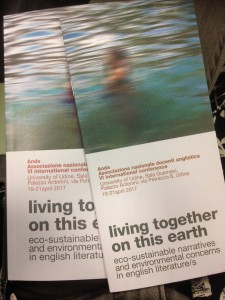
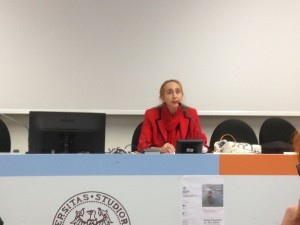
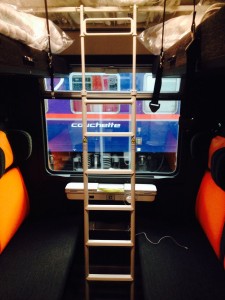
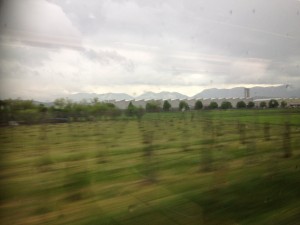
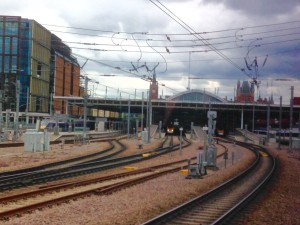

Responses